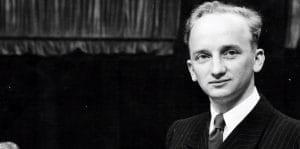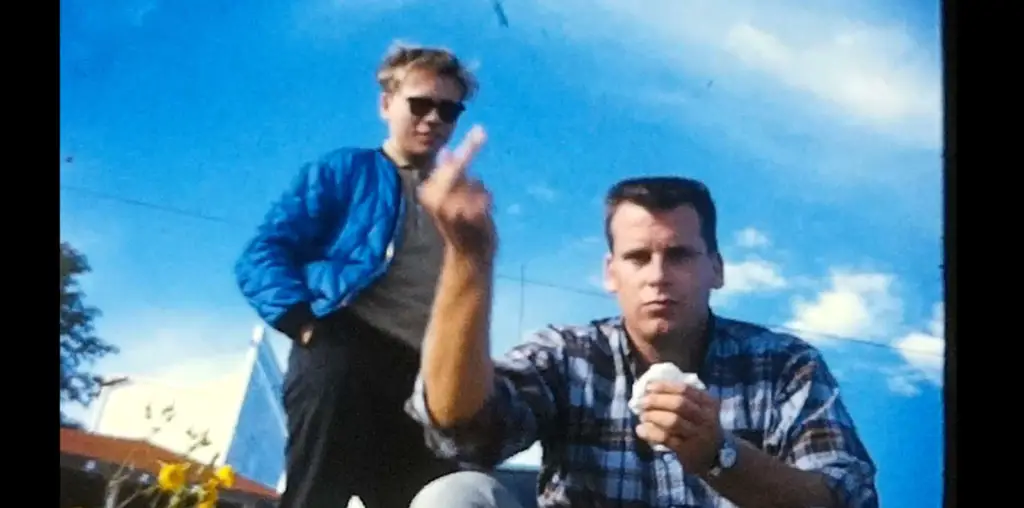
Ben Ferencz is the last surviving prosecutor of the Einsatzgruppen case at Nuremberg, part of the first International criminal trial is most commonly remembered to the world at large as “The Nuremberg Trials.” He was 27 years old at the time, and it was the first trial in his career as an attorney.
A Hungarian immigrant, born in Transylvania, we follow Ferencz’ life from there. Beginning with his family’s subsequent arduous emigration to the United States to escape the persecution of the Jewish people from the Romanians in Hungary at the time. Ferencz grew up in Hell’s Kitchen, where most immigrants from all over the world lived once coming to Manhattan. He couldn’t speak English when first moving to the country and had a hard time getting into school, but once he did, it was shown he was very bright. He attended City College to study crime prevention and thusly went on to Harvard Law on a full scholarship.

“…the last surviving prosecutor of the Einsatzgruppen case at Nuremberg, part of the first International criminal trial…”
Celebrated Canadian documentarian Barry Avrich takes great care in getting as many details as possible from Ferencz, who is a truly inspirational person. Alongside a lot of commentary from Ferencz himself, Avrich speaks to the following: Gambian lawyer and fellow prosecutor on the Internation Criminal Court, Fatou Bensouda; Army General and former Democratic presidential candidate Wesly Clark; famous celebrity defense attorney and civil libertarian Alan Dershowitz; and the first-ever United States Ambassador-at-Large for War Crimes Issues during the Clinton administration, David Scheffer. All of these people either worked with or were inspired by Ferencz.
Although Prosecuting Evil seems at first like a straight biographical documentary about Ferencz, which would have been compelling enough, throughout the film we begin to see that the film is a call to observe the heinous nature of war crimes and or war itself. It also points out that the United States, the world superpower that it is, is not a ratified party of the Rome Statute. The Rome Statute is the treaty that established the International Criminal Court. Within it states four elemental international crimes: genocide, crimes against humanity, war crimes, and aggression.

“…there are people out there who have hope and the determination to turn that hope into action…”
It’s important to note that Scheffer brought the treaty to Clinton to sign and in the 11th hour he did, but as soon as Bush came into office, he rescinded the U.S. involvement. It has never been reinstated.
This comes off to the rest of the world that the United States thinks it is above these laws, and therefore, other superpowers who might be in opposition to us, such as Russia and China, will not sign the treaty either. Prosecuting Evil is a plea from Ferencz and also Avrich that we join the rest of the ratified parties in making sure that war crimes (and eventually maybe even war) become a thing of the past. Obviously, we have quite a while to go on that, but one of the best things about this film is that it shows there are people out there who have hope and the determination to turn that hope into action towards an achievable goal. Ferencz’ story is very inspiring and should be celebrated, so please give it a watch.

Prosecuting Evil: The Extraordinary World of Ben Ferencz (2018) Written and Directed by Barry Avrich. Starring Ben Ferencz, Fatou Bensouda, Wesley Clark, Alan Dershowitz, and David Scheffer.
8 out of 10 stars.

